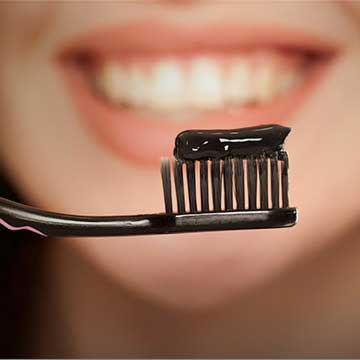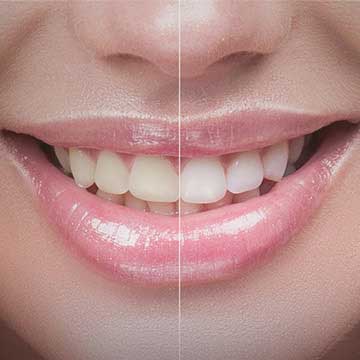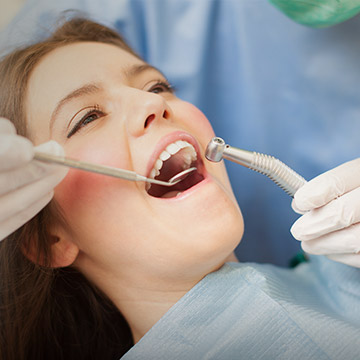Your dental health is a life-long commitment, and neglecting it can cause problems for not only your teeth but also your life as a whole. This fact becomes even more apparent as we pass into adulthood and beyond.
Dental hygienists are your first resource when maintaining your oral health and this list will help you know what some of the problems they look for when you go in for your check-up.
Gum Disease
One of the most common dental problems adults face is gum disease. Gum disease occurs slowly and without causing any pain until the late stages, meaning you might not know you have gum disease until you could be in danger of losing teeth. Luckily, gum disease can be treatable if caught early enough.
Gum disease is caused by toxins that are released by colonies of bacteria that normally live in the mouth. The bacterial colonies are commonly referred to as dental plaque. The longer plaque is left undisturbed on the teeth, the more toxins are released.
That’s why brushing, flossing, or water picking are essential at least twice daily. When the minerals in our saliva deposit into the soft plaque it hardens into tartar. Tartar can only be scraped away by a professional, and if left untreated can cause bleeding, bone loss, and ultimately, tooth loss.
Seeing your dentist can help treat gum disease and prevent these outcomes.
Missing Teeth
Missing teeth can affect how you chew, how you speak, and can even cause your remaining teeth to shift inside your mouth. Keeping teeth and gums healthy can prevent unnecessary tooth extractions.
Tooth Sensitivity
Tooth sensitivity is one of the most common problems adults face with their dental health. There are a number of causes for sensitive teeth. Cracked teeth, broken or cracked fillings, decayed teeth, worn teeth, and exposed roots are all culprits.
Teeth can even become sensitive from the pressure of tooth grinding. Seeing your dentist is the only way to get a proper diagnosis and the appropriate treatment for sensitive teeth.
Dry Mouth
Having a dry mouth can cause serious problems with your oral health. It can even be a sign of diseases that affect the whole body. Because saliva neutralizes acid in your mouth, it protects your teeth from decay. Dry mouth also contributes to gum disease.
Talk to your dental hygienist if you are experiencing these symptoms and they can help you with possible treatments.

Oral Cancer
One of the more threatening dental problems adults face is oral cancer. Oral cancer is found more often in adults, and treatment is possible if caught early enough. Warning signs of oral cancer include:
- White or dark red splotches in your mouth, tongue, or lips
- Bleeding or numbness in your mouth
- Sores and patches that do not heal
- Lumps and bumps that do not go away
- Difficulty swallowing
Most often though, early oral cancer is not painful and there may not be any warning signs or symptoms. Risk factors include smoking, alcohol consumption, and the HPV virus. Be sure to talk to your dental hygienist about an oral cancer screening.
Tooth Erosion
Tooth erosion is the progressive loss of enamel on your teeth over time. Once your teeth lose enough enamel, they become far more susceptible to a variety of dental health care problems like sensitivity and cavities. Advanced dental erosion can eventually result in the need for root canals.
Gingivitis
Gingivitis is the first stage of gum disease and signs are redness, bleeding, bad breath, and swelling of the gums. It is caused by the toxins that come from bacteria in the mouth. Luckily, gingivitis can be easy to prevent or even reverse given the right care and guidance from your dental hygienist. If left unchecked, gingivitis can eventually develop into advanced gum disease and tooth loss.
Dental Decay
Dental decay is a common problem in both children and adults. Most commonly referred to as cavities, they start when bacteria in the mouth convert carbohydrates from our diet into an acid. This acid eats away at our enamel over time.
Cavities can occur anywhere on a tooth surface; in the pits and fissures of the teeth, in between the teeth (flossing cavities), and on exposed root surfaces. Your hygienist may detect areas of possible decay while doing your cleaning and have a dentist confirm the diagnosis.
Your Dental Health Is Important
If you believe you might be experiencing any of these issues, be sure to contact your dental health care professional. Their input can set you on the right path for excellent oral health in the future.









